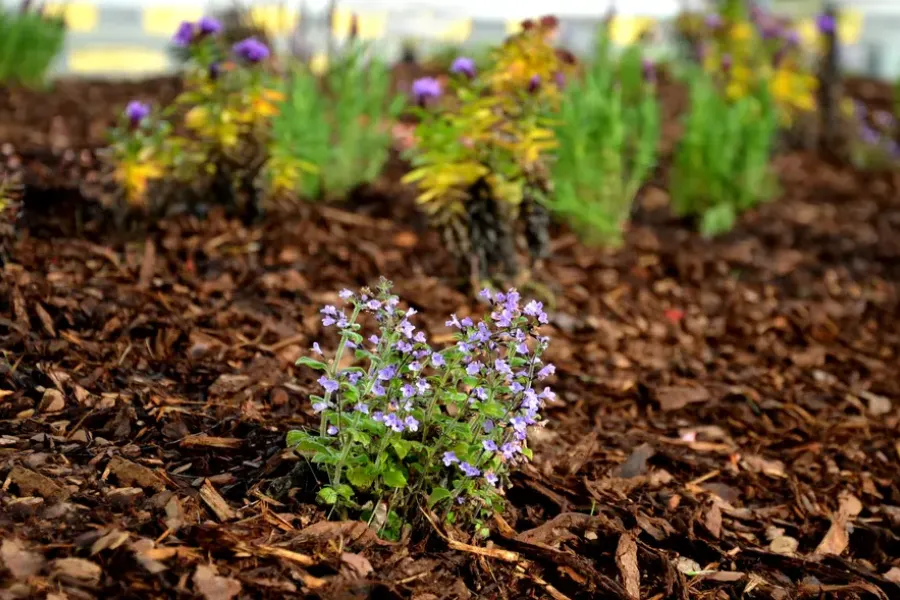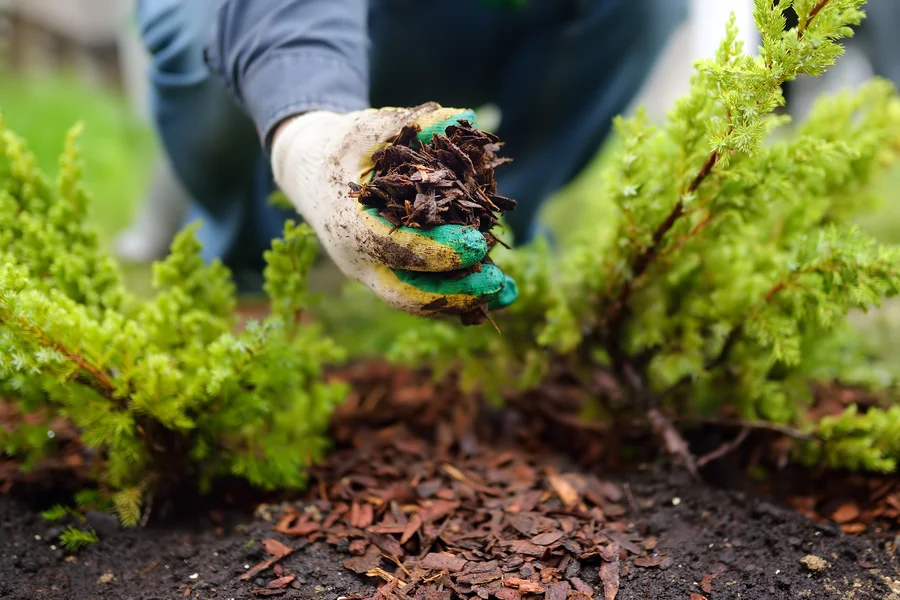Enhancing Soil Quality Through Organic Practices
Healthy soil is the foundation of successful gardening and farming. It supports plant growth, retains moisture, and provides essential nutrients. One powerful method to boost soil health is using organic practices that enrich and protect the ground. By implementing these practices, you can create an environment where plants thrive naturally.

Why Mulch Matters for Your Garden
Mulching is a key technique used by gardeners to maintain soil health. It involves covering the soil with materials like straw, bark, or leaves. This protective layer helps retain moisture, reduces weed growth, and moderates soil temperature. Over time, it breaks down, adding nutrients to the soil and improving its quality.
The Impact on Moisture Retention
Another significant advantage of mulching is its impact on moisture retention. By covering the soil, mulch reduces water evaporation, keeping the ground moist for longer periods. This is especially beneficial during dry spells or in areas with limited rainfall. Consistent moisture levels help plants absorb nutrients more efficiently.

Preventing Soil Erosion Effectively
Soil erosion is a common challenge faced by many gardeners and farmers. By applying mulch, you can effectively prevent this issue. The layer acts as a barrier against heavy rains and winds that typically cause erosion. This protection helps maintain soil structure and preserves valuable topsoil.
Natural Weed Control Strategies
Weeds compete with your plants for nutrients and sunlight. Mulch serves as a natural weed control strategy by blocking sunlight from reaching weed seeds. Without light, these seeds cannot germinate, reducing their presence in your garden significantly.
Nutrient Enrichment Through Decomposition
As mulch decomposes, it releases organic matter into the soil. This process enriches the soil with essential nutrients that promote healthy plant growth. It’s like feeding your garden a steady diet of vitamins over time, enhancing its productivity naturally.
Best Types of Mulch for Different Needs
Choosing the right type of mulch depends on your specific gardening needs:
- Bark or wood chips: Best for ornamental gardens
- Straw: Ideal for vegetable beds
- Grass clippings: Suitable for quick nutrient release
- Compost: Excellent for overall soil improvement
Implementing Effective Mulching Techniques
To make the most out of mulching, follow these steps:
- Clear debris and weeds before application
- Spread mulch evenly, 2-3 inches thick
- Avoid piling mulch against plant stems
- Replenish mulch periodically as it decomposes
Cost Considerations and Value Proposition
The cost of mulching can vary based on materials and quantity needed. While initial expenses may seem high, the long-term benefits such as improved soil health, reduced watering needs, and less weeding offer great returns on investment. Choosing organic materials also supports sustainable gardening practices.
Your Next Steps With Soil Health Enhancement
Ready to transform your garden? Contact RM Lawncare Services at (708) 289-2425 for expert guidance tailored to your location in Markham, IL. Our team offers personalized solutions to help you maximize the benefits of effective soil management strategies. Together, let’s cultivate a healthier garden environment that thrives throughout all seasons.